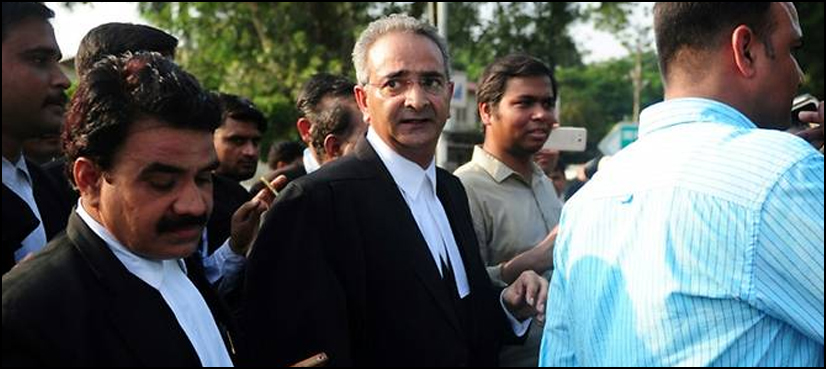ALLAHABAD, India: An affluent Indian couple on Thursday (Oct 12) won their appeal against a life jail term for the murder of their daughter and a servant in the latest sensational twist in a case that divided the nation and inspired a movie and a book.
The Allahabad high court acquitted dentists Rajesh and Nupur Talwar after ruling there was insufficient proof that they slit the throats of 14-year-old daughter Aarushi Talwar and their Nepalese servant Hemraj Banjade in May 2008.
The couple were not in the packed court for the hearing, as they were in jail near New Delhi. Media reports said Rajesh Talwar hugged jail officials after hearing the verdict.
Tanveer Mir, a lawyer for the Talwars, told reporters outside the Allahabad court that the couple would be freed on Friday.
Read More: Indian journalists, activists protest murder of Modi critic Gauri Lankesh
“The high court observed that they have been punished wrongly. They are not guilty,” he said. “They were only present at home that night as parents and were punished. It was entirely wrong and an injustice against my clients.”
“The court observed that the case against the Talwars was baseless. The evidence was weak,” declared the lawyer.
India has been riveted by the case ever since the first details of the double murder in the affluent New Delhi suburb of Noida emerged.
The Talwars were convicted by a lower court in 2013 and sentenced to life prison.
The film “Talvar” based on the murder packed cinemas in 2015 while journalist Avirook Sen published a bestselling book “Aarushi” the same year.
The couple had always denied carrying out the killings, insisting they are victims of police incompetence and a media witch-hunt. Aarushi, their only child, was found on her bed in a pool of blood on the morning of May 16, 2008.
Read More: Clashes as anger brews over Indian schoolboy’s sex attack murder
Her successful middle-class parents told police they were asleep in the next room when the murder was committed.
Police initially blamed the missing servant Banjade, only to find his body on the terrace a day later with a similarly cut throat and head wounds.
Investigators then said the Talwars killed Aarushi in a fit of rage after finding her with the 45-year-old servant in an “objectionable position”, suggesting the double murder was an honour killing.
The prosecution in 2013 admitted there was no material evidence against the parents, basing their case on the “last-seen theory” which holds that the victims were last seen with the accused.
Since the parents’ first appearance in court, every development has been given wall-to-wall and often voyeuristic coverage by the media. The case spawned a nation of armchair detectives debating every twist of the investigation for or against the Talwars who have become household names.



Leave a Comment